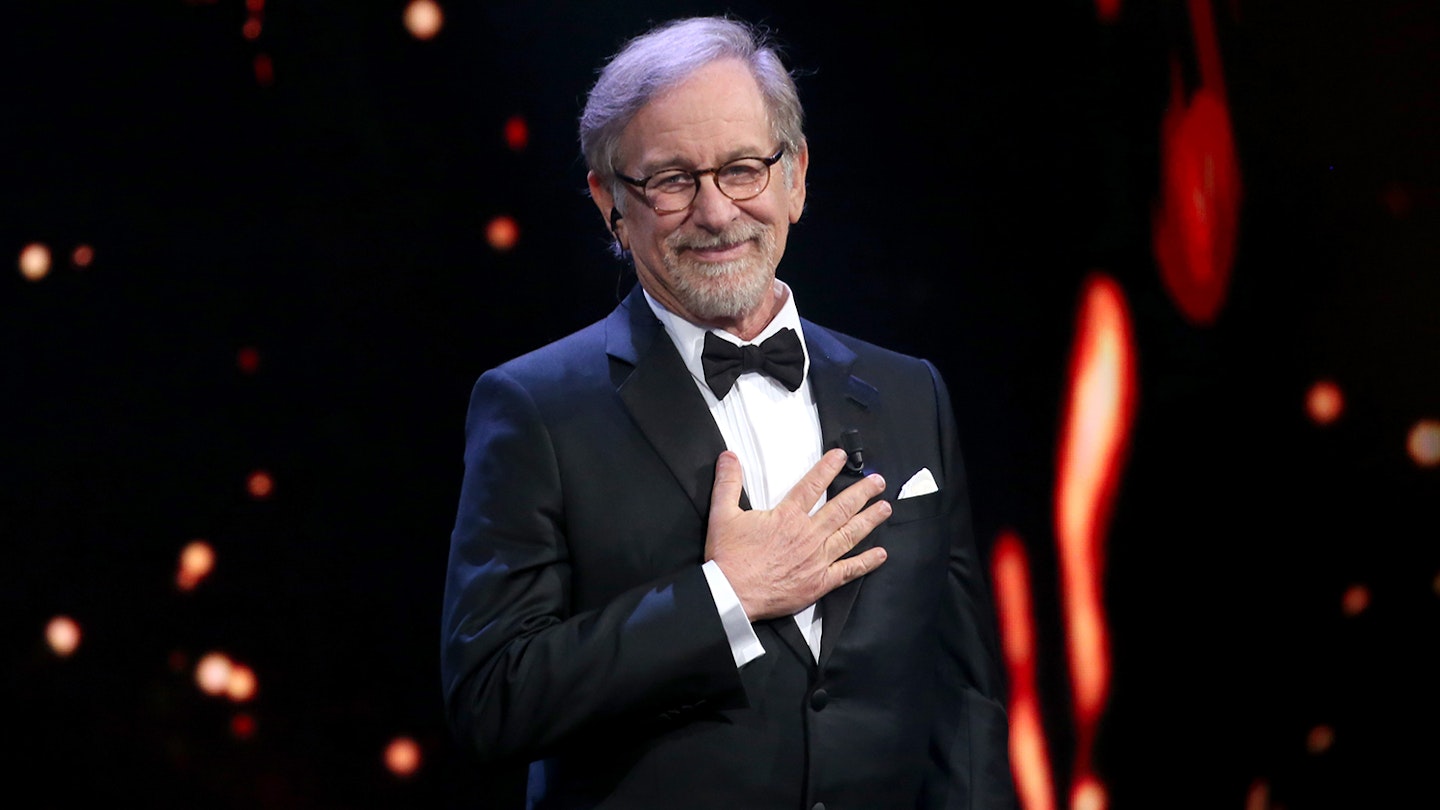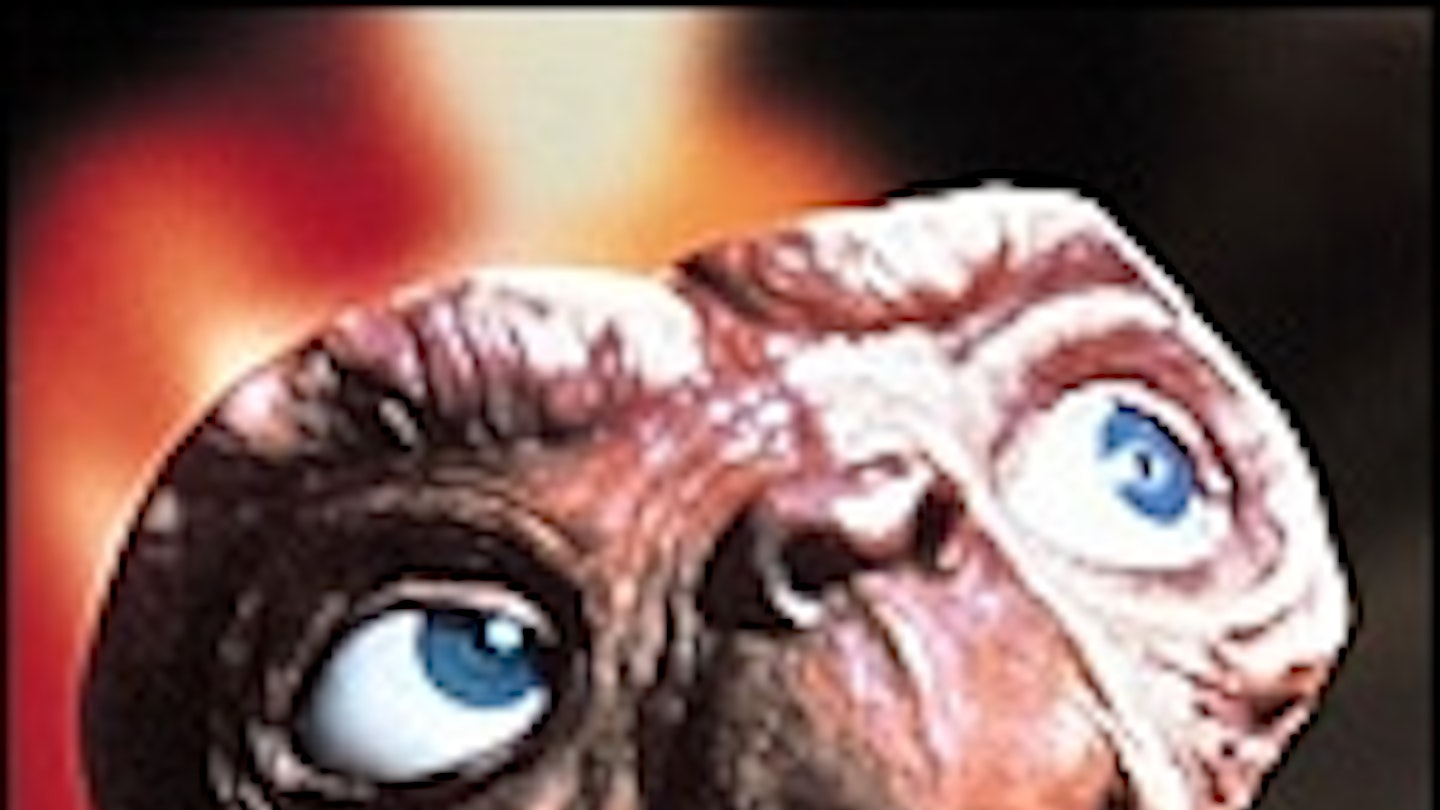Thanks to greetings cards, poseable figurines and those British Telecom commercials, the world has long since absorbed E.T. — the character — as an icon of icky sentimentality. The movie, however, is founded on an altogether more troubled view of the world; more specifically, the young Spielberg's experience of adult dysfunction. In countless ways — its suburban setting, the similarities between Elliott (Thomas) and Roy Neary, the encroaching presence of the secret state, aliens — E.T. is of a piece with Close Encounters. The thematic link, however, goes way deeper.
The latter film was inspired by the night Spielberg's father showed him a meteor shower; E.T.-by contrast, is informed by the desolation felt when his parents divorced and his dad exited the family home. He was 17 at the time, yet there is the occasional inference that, when dad left, he took the last vestiges of childhood wonder with him. "Dad would believe me," mutters Elliott when his mother quietly rejects his belief that he's clapped eyes on something deeply strange. In its own way, it's the most revealing line in the movie.
After the comic-book bravado of Raiders Of The Lost Ark, one gets the distinct sense that Spielberg felt duty-bound to return to contemporary middle America. Moreover, this shrinking of vistas was even further intensified by two strokes of genius: the fact that the lion's share of the film is shot from a child's perspective — the teacher, for example, is allowed no more exposure than the maid in Tom & Jerry — and the recurrent contrast between what unfolds in the movie and the altogether more otherworldly province of sci-fi. Star Wars references abound; better still, when Elliott finally comes clean to his brother's BMX gang, we get a shard of Star Trek.
"He's a man from Outer Space and we're taking him to his spaceship," says Elliott, matter-of-factly.
"Well, can't he just beam up?" replies one of the youthful troupe.
"This is REALITY, Greg," Elliott shoots back. To anyone in the same age bracket, this was truly thrilling stuff: sci-fi where the "fi" aspect was in grave danger of withering away.
It was Francois Truffaut who put the notion of child-meets-alien in Spielberg's mind. Seizing on Gary Guffey's wonder-struck role in Close Encounters, he made his suggestion with an almost missionary zeal: "Kids! You must make a movie with kids]" From there, however, the route to E.T. was by no means simple. Spielberg returned to an ongoing project entitled Night Skies, a borderline horror movie in which a gang of aliens terrorise the residents of an isolated farmhouse — but seized on the anomalous presence of a sensitive extra-terrestrial named Buddy and his fleeting friendship with an autistic child. In cahoots with the screenwriter Melissa Mathieson, then the partner of Harrison Ford, he thus came up with a modern Peter Pan.
And how modern it was. The divorce subtext reflected Hollywood's acknowledgement that marital breakdown was starting to define US society (the pioneering Kramer Vs Kramer was released two years before). Equally importantly, the shadowy role given to government agents had its roots in the aftershocks of Watergate — and the sense that, under Ronald Reagan, the State's more sinister aspect was as strong as ever. Agents bug Elliott's bedroom, break into his home and finally announce their presence via the sound of post-Vietnam paranoia: whirring helicopter blades.
In the midst of it all, however, childhood remains inviolate. Indeed, the character of E.T. has the power to pull people back from the brink of cynical adulthood; in that sense, Robert MacNaughton's portrayal of big bro' Michael is one of the movie's more overlooked masterstrokes. He begins the film in a fug of cigarette smoke, ordering Elliott to fetch Pizza and affecting the pose of a grown-up. By the end, he and his younger brother see the world through identical eyes.
It's some token of the film's accomplishment that the same transformation was wreaked on its audience, and — to this day — the Western world is crowded with people who, at the first stirrings of John Williams' theme, will come over all Pavlovian and start fighting back the tears. Show them the scene in which E.T. lies, half-dead, in the river, and they will all but crumble; remind them of his resurrection in the government's ice-box, and you ought to send out for tissues.
Such is the explanation for E.T.'s eternal place in our hearts. As ever, mind you, Spielberg included elements that no purveyor of schmaltz would ever go near. One can only assume that the makers of birthday cards and telephone ads have passed over this dialogue: Michael: "Maybe it was a pervert or a deformed kid or something."
Gertie: "A deformed kid."
Michael: "Maybe an elf or a leprechaun."
Elliott: "It was nothing like that, penis-breath!"

